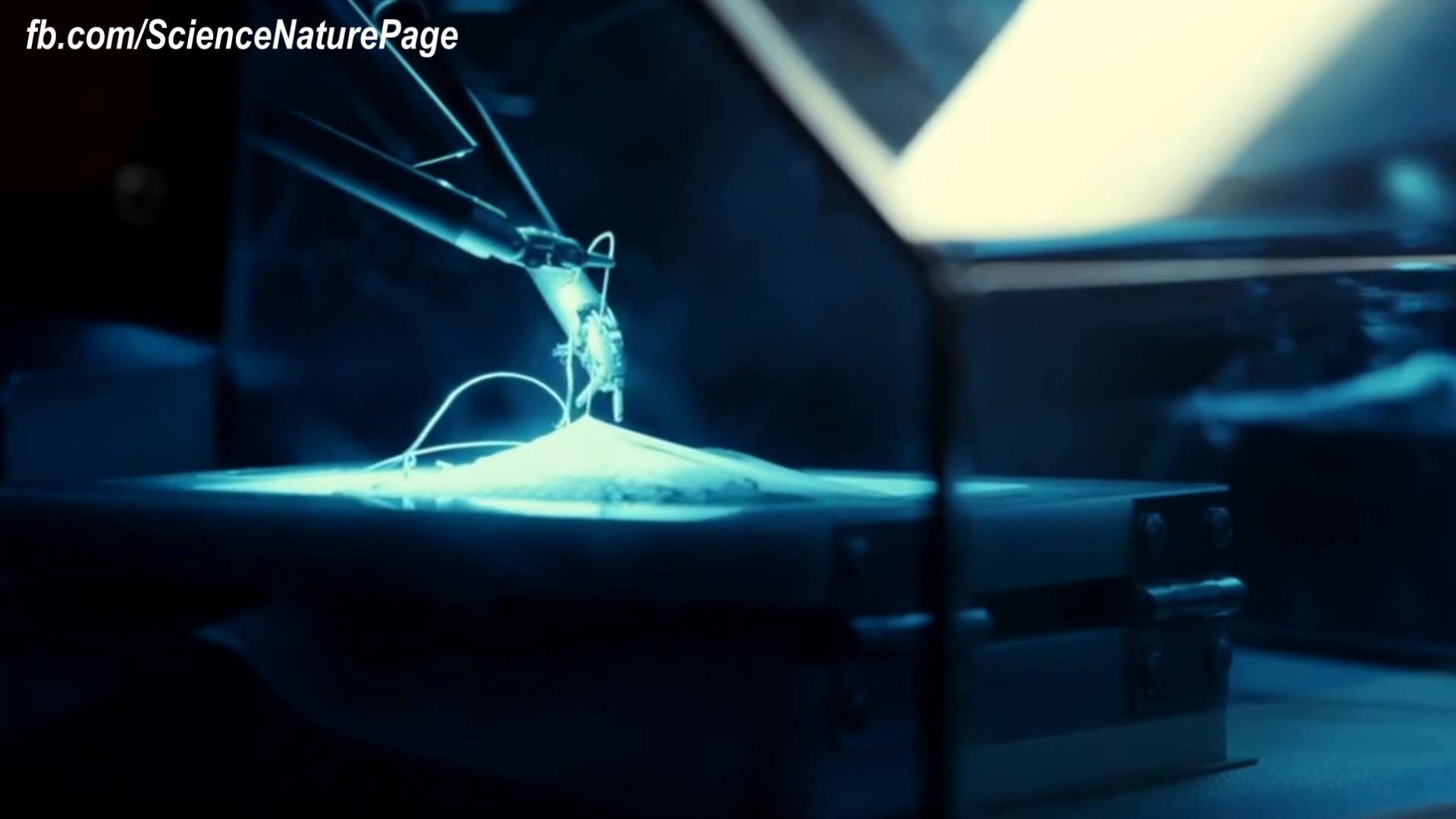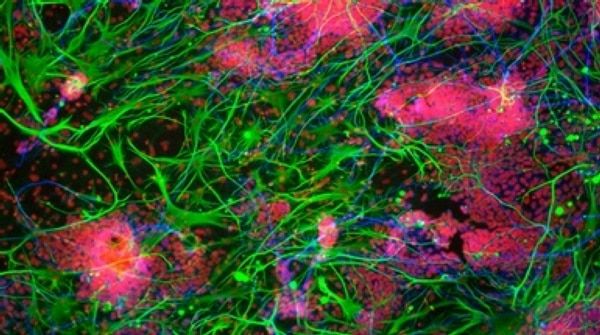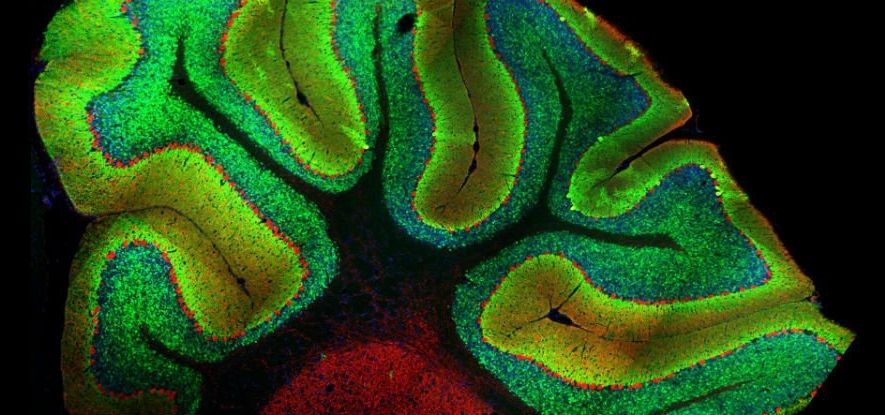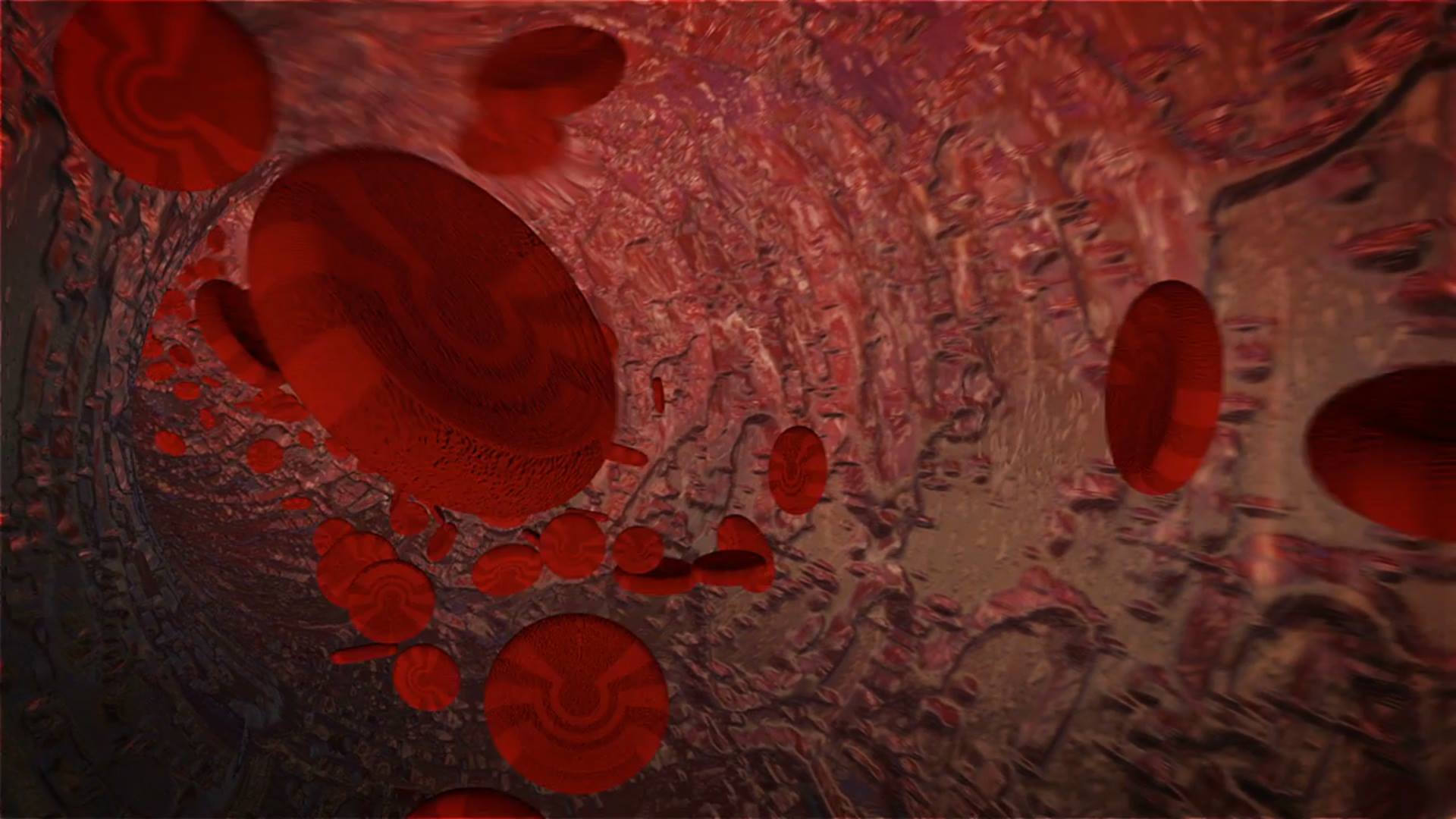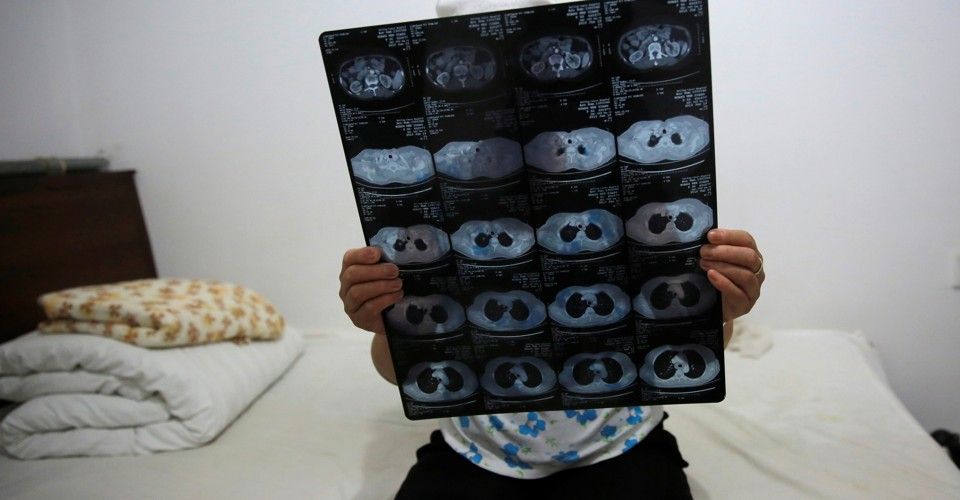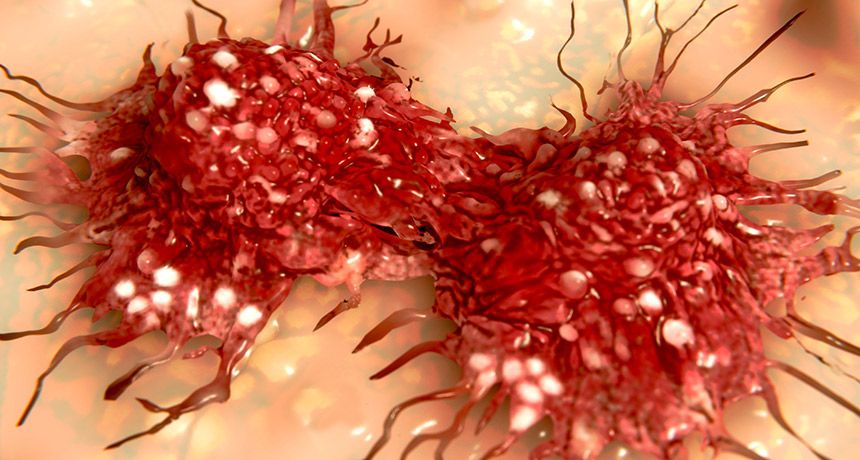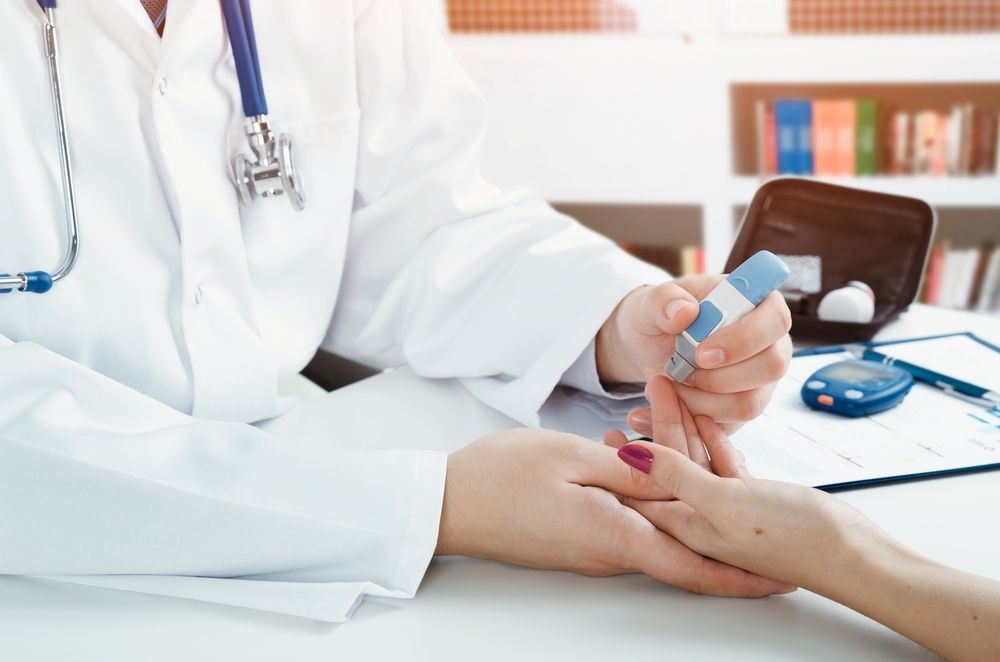Archive for the ‘biotech/medical’ category: Page 2485
Mar 31, 2017
Japanese Man Is First to Receive “Reprogrammed” Stem Cells from Another Person
Posted by Shailesh Prasad in categories: biotech/medical, finance
World-first transplant to treat macular degeneration could augur rise of iPS cell banks.
- By David Cyranoski, Nature on March 29, 2017
Mar 31, 2017
Neuroscientists Have Accidentally Discovered a Whole New Role for the Cerebellum
Posted by Shailesh Prasad in categories: biotech/medical, computing, neuroscience
One of the best-known regions of the brain, the cerebellum accounts for just 10 percent of the organ’s total volume, but contains more than 50 percent of its neurons.
Despite all that processing power, it’s been assumed that the cerebellum functions largely outside the realm of conscious awareness, instead coordinating physical activities like standing and breathing. But now neuroscientists have discovered that it plays an important role in the reward response — one of the main drives that motivate and shape human behaviour.
Not only does this open up new research possibilities for the little region that has for centuries been primarily linked motor skills and sensory input, but it suggests that the neurons that make up much of the cerebellum — called granule cells — are functioning in ways we never anticipated.
Mar 31, 2017
Human Lungs Create Half Of The Body’s Blood Platelets
Posted by Shailesh Prasad in category: biotech/medical
Mar 31, 2017
How to avoid the adverse reactions of senolytics through better design
Posted by Montie Adkins in categories: biotech/medical, life extension
Another biomarker of senescent cells could be p16, a protein whose levels increase when cells stop dividing if old and also a protein whose gene is turned off in many human cancers.
Coming back to our topic – designing senolytics that avoid the apoptosis of young, healthy cells – the ideal senolytic should accomplish two things: –turn on p53 at increased levels to determine stubborn, senescent cells to commit suicide –do that on senescent cells only.
And in order to accomplish the second part, such a drug should be ‘programmed’ to only act on those cells where it recognizes senescence-associated biomarkers. There is no single biomarker today that stains positive or negative on all types of senescence cells, but increased levels of beta-galactosidase and p16 proteins could be a welcome start to identify old cells in vivo when designing such a drug.
Continue reading “How to avoid the adverse reactions of senolytics through better design” »
Mar 31, 2017
No, We Can’t Say Whether Cancer Is Mostly Bad Luck
Posted by Steve Hill in category: biotech/medical
A counter to the recent John Hopkins study which some media have interpreted as cancer being mostly due to bad luck which we shared earlier today.
And in the interest of comparison this article presents the other side of the argument and counters the John Hopkins study we reported on earlier today.
Mar 31, 2017
Random mutations play large role in cancer, study finds
Posted by Steve Hill in categories: biotech/medical, genetics, life extension
Genomic instability (mutations) has been suggested as being one of the primary hallmarks of aging and this research might support that idea. Researchers at John Hopkins report that around 66% of mutations in cancer cells are due to random errors with environment/lifestyle contributing 29% and 5% inherited.
“That finding challenges the common wisdom that cancer is the product of heredity and the environment. “There’s a third cause and this cause of mutations is a major cause,” says cancer geneticist Bert Vogelstein.”
“Such random mutations build up over time and help explain why cancer strikes older people more often. Knowing that the enemy will strike from within even when people protect themselves against external threats indicates that early cancer detection and treatment deserve greater attention than they have previously gotten, Vogelstein says.”
Continue reading “Random mutations play large role in cancer, study finds” »
Mar 31, 2017
Solar-Powered Graphene Skin Enables Prosthetics to Feel
Posted by Nancie Hunter in categories: biotech/medical, cyborgs, robotics/AI, sustainability
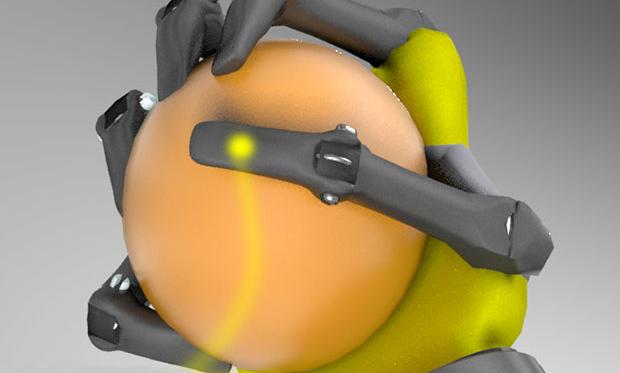
The team tested their device on a prosthetic hand. When the skin patches on the skin were enabled, the prosthetic could touch and grab soft objects like a normal hand. But when the skin was not turned on, the hand crushed the objects.
The skin requires just 20 nanowatts of power per square centimeter, according to the paper. Right now, the energy captured by the photovoltaic cells has to be used immediately, but the team has another prototype in development that includes flexible supercapacitors to store excess energy.
Continue reading “Solar-Powered Graphene Skin Enables Prosthetics to Feel” »
Mar 31, 2017
Research Suggests Periodic Fasting Might Reverse Type 1 Diabetes
Posted by Steve Hill in category: biotech/medical
Fasting might help T1 diabetics according to new research.
Periodic fasting has long been demonstrated to have beneficial effects on autoimmune disorders, cancer prevention and treatments, cardiovascular disease and a myriad of other ailments. This most recent paper by Cheng et al. may add the treatment of Type 1 diabetes to that list[1]. If successful in humans it has the potential to reverse some or most of the loss of insulin producing cells within the pancreas. Just as remarkable, the treatment itself is relatively straightforward, consisting of a regimented protocol of periodic fasting-like conditions.
Generally speaking, Type 1 diabetes results from an autoimmune mediated depletion of insulin secreting pancreatic beta islet cells. In contrast, Type 2 results from lower cellular sensitivity to insulin. Type 2 is primarily caused by environmental factors such as poor diet.
Continue reading “Research Suggests Periodic Fasting Might Reverse Type 1 Diabetes” »
Mar 31, 2017
SRI International Receives U.S. FDA Clearance for Investigational New Drug Application Evaluating Novel Oral Treatment to Combat Radiation Exposure
Posted by Roman Mednitzer in category: biotech/medical
Creating oral formulations of intravenous (IV) medication is a daunting challenge. Scientists at SRI Biosciences are using advanced formulation tools and experience to overcome the challenges, with the goal of developing drugs that could easily be distributed to people if needed.
